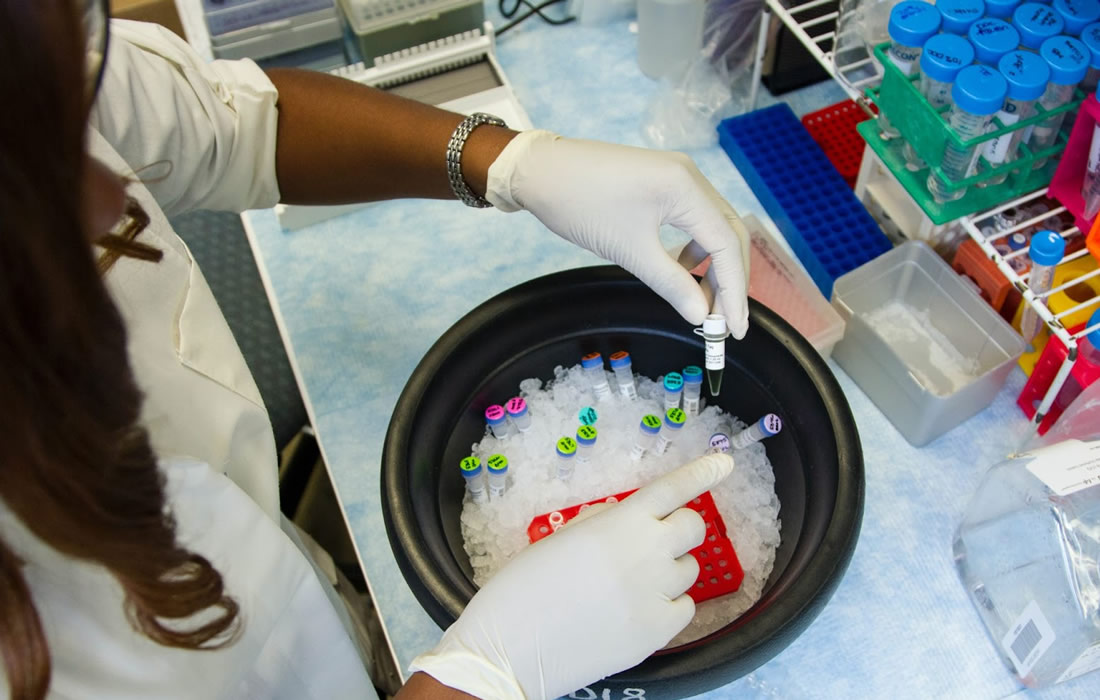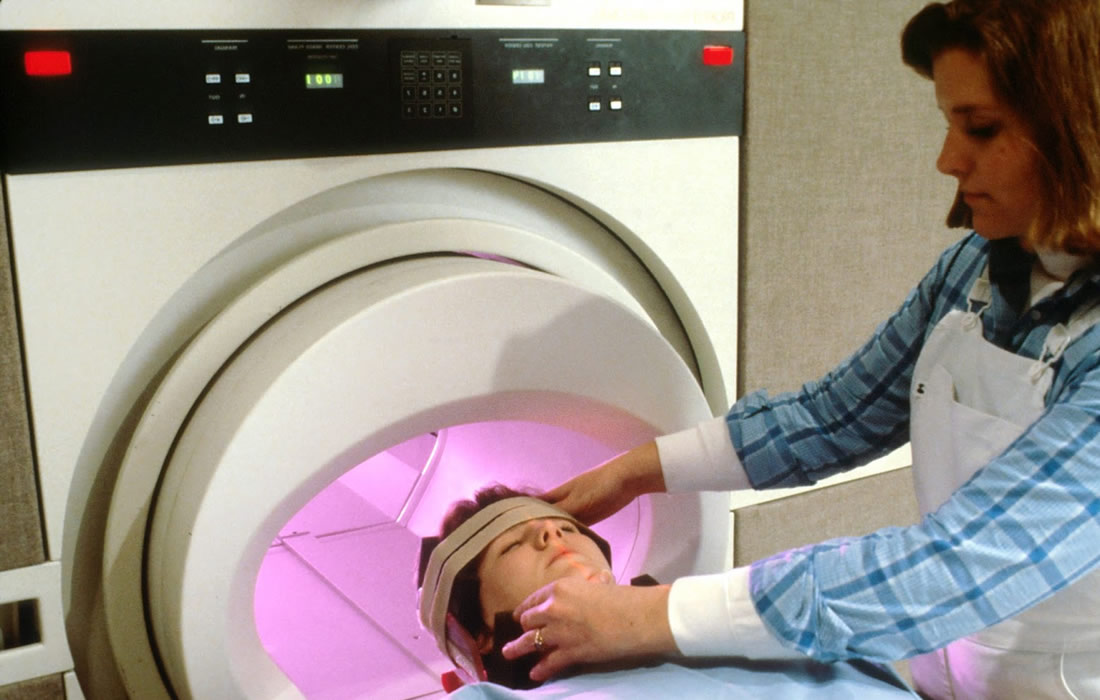For the first time, scientists have shown that gut bacteria differences are associated with later development of juvenile idiopathic arthritis, a debilitating rheumatic childhood disease, and that these differences are present years before the disease is diagnosed. The research team made this discovery by analyzing stool samples from one-year-old children in a long-term study called […]
Author Archives: Rocio Gallegos, MD
Chronic exposure to fine particulate air pollutants and nitrogen dioxide may increase non-lung cancer risk in older adults, according to a study led by Harvard T.H. Chan School of Public Health. “Our findings uncover the biological plausibility of air pollution as a crucial risk factor in the development of specific cancers, bringing us one step […]
Scientists have discovered what they believe to be the central mechanism behind cognitive decline associated with normal aging. “The mechanism involves the mis-regulation of a brain protein known as CaMKII which is crucial for memory and learning,” said the study’s co-senior author Ulli Bayer, PhD.”This study directly suggests specific pharmacological treatment strategies.” Using mouse models […]
A new study is the first to find multiple associations between social jet lag (the shift in your internal body clock when your sleeping patterns change between workdays and free days) and diet quality, diet habits, inflammation and gut microbiome composition in a single cohort. Previous research has shown that working shifts disrupts the body […]
A medical therapy that inhibits the growth of cancer cells may one day be effective at treating Lyme disease, according to new research. Lyme disease is the most common vector-borne disease in the U.S., spread by infected deer ticks. The potentially debilitating illness, which is diagnosed in about 476,000 people each year in the U.S., […]
New research led by scientists working with Georgia State University’s TReNDS Center has identified age-related changes in brain patterns associated with the risk for developing schizophrenia. The study used new analytic approaches developed at the TReNDS center. Researchers used a hybrid, data-driven method called Neuromark to extract reliable brain networks from the neuroimaging data which […]
The eyes may be able to signal neurodevelopmental disorders such as ASD and ADHD according to new research from Flinders University and the University of South Australia. Using the ‘electroretinogram’ (ERG) (a diagnostic test that measures the electrical activity of the retina in response to a light stimulus) researchers found that children with ADHD showed […]
Sperm play a critical role in the creation of new life, delivering essentially half of the genetic material required. Researchers at the University of Michigan are now delving into the molecular-level details of sperm formation, with a particular focus on how abnormalities in this process might lead to male-factor infertility. Unlike other cells in the […]
Type 1 diabetes occurs when the immune system destroys the insulin-producing “islet cells” of the pancreas. The autoimmune process that underlies type 1 diabetes can occur over years, with multiple starts and stops. Exactly how the process begins is not well understood. When it occurs, it usually does so in childhood or early adulthood, and […]
The planet experienced the hottest day on record earlier this month and climate projections estimate the intensity of heat waves and poor air quality will increase and continue to cause severe impacts. Researchers from the University of Waterloo and Toronto Metropolitan University have refined and expanded a method of data collection to assess their health […]










